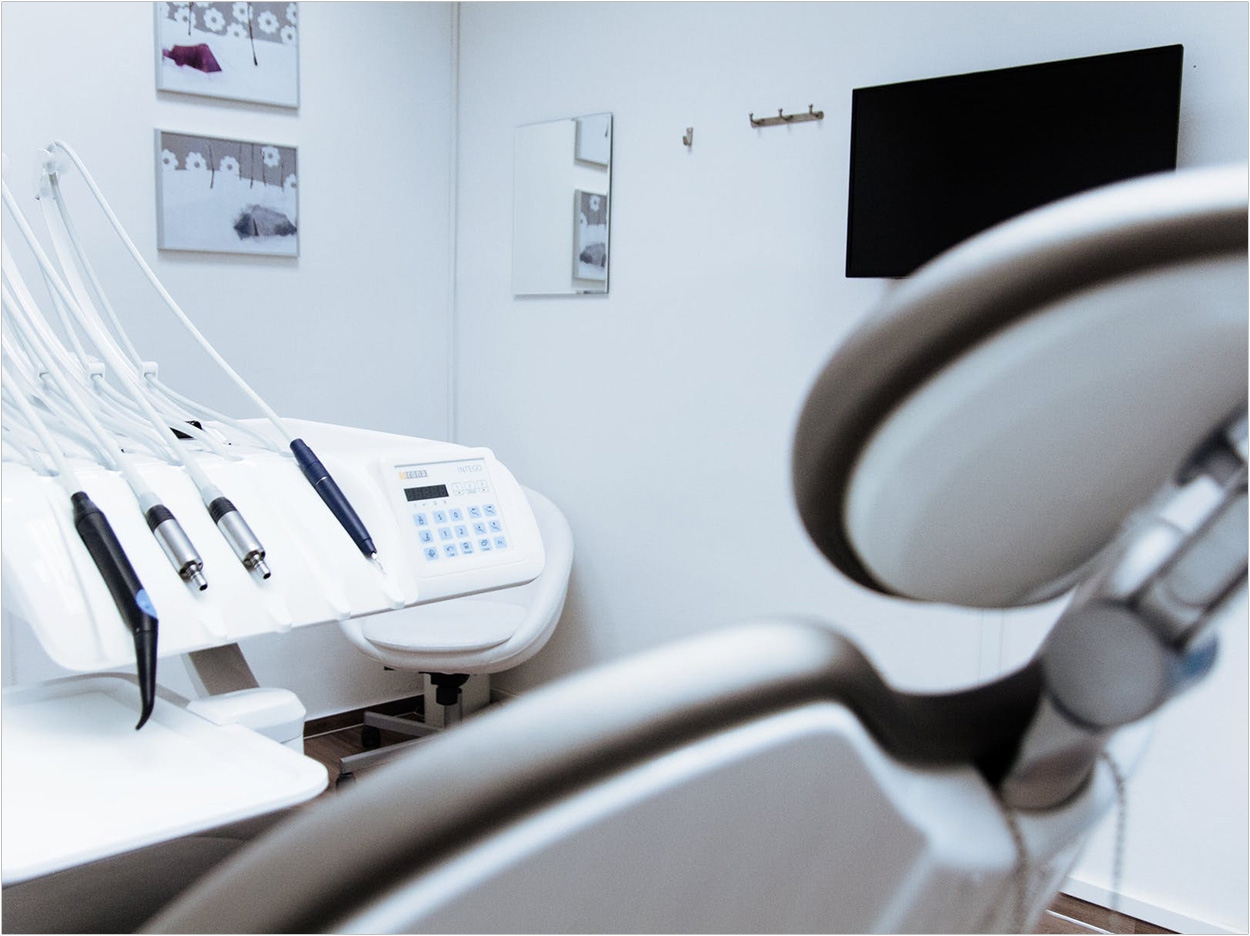
The pandemic has had a significant impact on oral health in England, where the lockdown has prompted 24% of people to go online to find at-home solutions to common dental problems, according to a survey by the Oral Health Foundation (OHF) and Colgate.
“DIY home dentistry is a terrible idea and should be avoided at all costs,” said Dr. Nigel Carter, OBE, chief executive of the OHF.
“Home treatments in untrained hands often comprise of shortcuts that come with added dangers and can lead to permanent damage to your health,” Carter said.
Generally, oral hygiene habits have suffered. According to the survey, 55% of British adults feel they have neglected their teeth during lockdown, with 15% not brushing as much as they did before the pandemic, and 19% not brushing their teeth twice a day.
The lockdown also has fueled unhealth eating and drinking habits, with 20% now eating unhealthier foods and 11% drinking more alcohol.
“Since coronavirus, it has been easy to get into the mindset that your health is not completely within your control. There are, however, elements of your health that you do have full authority over. One of these is the health of the mouth,” said Carter.
“Good oral health is completely in your own hands. All it takes is the correct care. By adopting a few simple habits, you can prevent oral diseases like tooth decay that sadly remain far too common,” Carter said.
“Knowing that less people are brushing twice a day is disastrous for oral health, as along with consuming less sugar, it is one of the best ways to prevent tooth decay. Brushing last thing at night and at one other time during the day with a fluoride toothpaste takes four minutes out of the day, an important and proactive step for self-care and something to prioritize,” he said.
Also, 18% of the survey respondents have not seen a dentist for more than two years, and not just because of the lockdown. Meanwhile, 36% said they have had a toothache during the pandemic, with 9% experiencing pain for longer than two weeks, prompting many to try self-dentistry.
“If you are experiencing any problems with your mouth, like toothache, the best thing you can do is book an appointment with your dentist. Your dental team can spot diseases like tooth decay in the early stages and treat it before it gets worse, when you might need a filling or have the tooth taken out,” Carter said.
“Having been closed at the beginning of the pandemic and dealing with a backlog of patients in the months that followed, most dental practices are now back to relative normality. You should be able to get an appointment. If you think you have been neglecting your oral health lately, or haven’t been to the dentist in a while, my advice is to go and book yourself in for a checkup,” Carter said.
New data shows that more than 30 million adults in the United Kingdom have one or more fillings, indicating the prevalence of tooth decay there. Analysis of the data suggest that as much as 84% of the population could be at increased risk of tooth decay.
Poor oral hygiene, high carbohydrate diets, and infrequent dental visits all increase a person’s risk of tooth decay. Risk also increases with age, diabetes, dry mouth, or while having orthodontic treatment.
The OHF fears that an increase in untreated tooth decay could lead to a sharp rise in the number of people having costly extractions.
With Colgate’s support, OHF has launched “The Truth About Tooth Decay,” an online hub designed to educate people about how they can identify their risk of tooth decay and spot early warning signs. It also provides advice for preventing or managing tooth decay.
“As a leader in oral care, Colgate has a fundamental role to play in improving people’s oral health. Colgate exerts this role by means of technological innovations and by partnering with the dental profession in ways that help them to meet the needs of their patients,” said Emanuele Cotroneo, scientific affairs project manager at Colgate.
“The collaboration with the Oral Health Foundation is an example of Colgate’s commitment to its role in improving oral health. It is clear from this survey that these challenging times have affected the oral health habits of the UK population,” said Cotroneo.
“Colgate reinforces the message from the Oral Health Foundation that oral health should not be neglected as it is a crucial part of your well-being and tightly linked with overall health,” Cotroneo said.
Related Articles
Warn Your Patients About the Risks of DIY Dentistry
25% of UK Households Have Performed DIY Dentistry During the Lockdown
OHF and BOS Warn Patients About “DIY” Orthodontics












